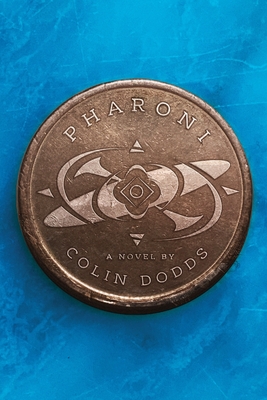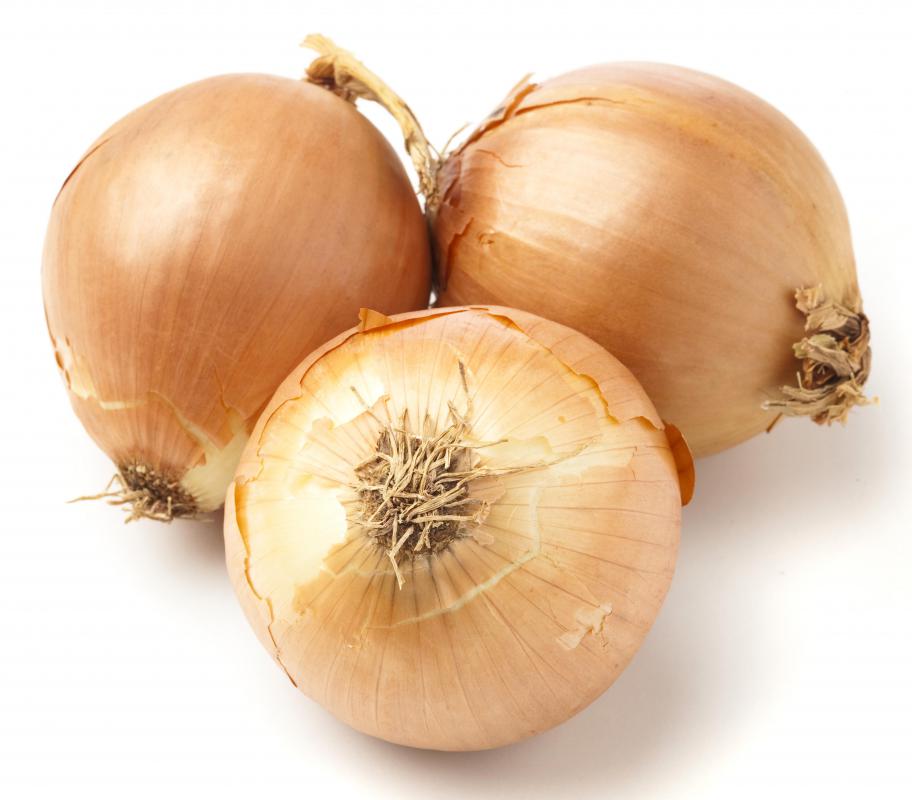 West
Germany, 1949. Former actor Max Kaspar suffered greatly in the Second World War. Now he owns a nightclub in
Munich—and occasionally lends a hand to the newly formed CIA. Meanwhile, his brother Harry has ventured
beyond the Iron Curtain to rescue an American scientist. When Harry is also taken captive, Max resolves to
locate his brother at all costs. The last thing he expects is for Harry to go rogue.
West
Germany, 1949. Former actor Max Kaspar suffered greatly in the Second World War. Now he owns a nightclub in
Munich—and occasionally lends a hand to the newly formed CIA. Meanwhile, his brother Harry has ventured
beyond the Iron Curtain to rescue an American scientist. When Harry is also taken captive, Max resolves to
locate his brother at all costs. The last thing he expects is for Harry to go rogue.
Max's treacherous quest takes him to Vienna and Prague to Soviet East Germany and Communist Poland. Along the way, dangerous operators from Harry's past join the pursuit: his former lover Katarina, who's working for the Israelis, and former Nazi Hartmut Dietz, now an agent of East German intelligence. But can anyone be trusted? Even the American scientist Stanley Samaras may not be the hero Harry had believed him to be...
In the fourth novel of the Kaspar Brothers series, Steve Anderson cranks up the dramatic tension. The story is set in a postwar Europe transitioning to the Cold War. The Soviets have begun to flex their muscles in Europe, and the Americans are trying to hold them off while the U.K. and France are busy mending their wounds. Weary of war, all sides have resorted to brinkmanship to see who takes the leadership role for the second half of the twentieth century.
Into this setting, we reunite with Max, who we first met in The Losing Role, where he was an operative in Operation Greif during the Battle of the Bulge. Max spent most of that novel running scared, fearing for his life. He wasn't a hardened soldier or zealous SS officer. He was just a down an out German actor conscripted into service.
But since the war, he's spent the time trying to forget it, except when he's called upon to do the right thing (as in Lost Kin) because the factions may have changed, but there are still evil men in the world bullying the weak and downtrodden. And it makes him angry. When he's visited by an odd, little man while working at his nightclub that anger resurfaces. The man claims that Max's brother Harry is being held for ransom, which Max must deliver. Max is furiously protective of his brother and can barely restrain himself from taking it out on the messenger. Later, when Max encounters the man responsible for the death of a dear friend, he so desperately wants the man to suffer, but as the man is necessary to complete the mission, he has to tamp down that anger.
As suggested in the book blurb, no one is completely forthright with Max. Whether that's to protect him or deceive him is dependent on the person in question. It leads to a constant string of surprises for Max (and the reader), forcing him to react quickly or change plans in order to find his brother and get home safely. He reacts differently to these deceptions. They become a way for him to work through his anger, on some level accepting what he cannot change, which leaves him exhausted.
Lines of Deception is another solid entry in the Kaspar Brothers series. The setting is thoroughly researched with Anderson dragging in historical events to craft a credible and entertaining story. Strong characterization leads the reader into believing what the characters are telling Max, but when their deceptions are revealed, it doesn't strike one as being out of character. One realizes that Anderson left clues all along the way. Ultimately, it enables Anderson to turn a spy thriller into catharsis for his protagonist.
4 stars
\_/
DED
 Reason
and science gave the Recindian Compact wonders like steam engines, telegraphs, and
gunpowder. The world had order. It made sense.
Reason
and science gave the Recindian Compact wonders like steam engines, telegraphs, and
gunpowder. The world had order. It made sense.

 When
the body of Harry Injurides - playwright, provocateur and bodybuilder - washes up on a beach, his
friends are shocked, but not altogether surprised. But when they meet to mourn Harry, he shows up
and says he's been resurrected.
When
the body of Harry Injurides - playwright, provocateur and bodybuilder - washes up on a beach, his
friends are shocked, but not altogether surprised. But when they meet to mourn Harry, he shows up
and says he's been resurrected.
 Six
months have passed since the events of The Silver Mask. Over the winter months, Vasini was plagued by
Gareth Miller, the Winter Fayre Killer, who murdered 17 people before he was captured by Lieutenant David
Locke. The city now waits for Miller to be hanged. But when Miller escapes gaol, ready to terrorise
Vasini's streets once more, Locke must hunt the murderer again to stop him from claiming more lives.
Six
months have passed since the events of The Silver Mask. Over the winter months, Vasini was plagued by
Gareth Miller, the Winter Fayre Killer, who murdered 17 people before he was captured by Lieutenant David
Locke. The city now waits for Miller to be hanged. But when Miller escapes gaol, ready to terrorise
Vasini's streets once more, Locke must hunt the murderer again to stop him from claiming more lives.
 Over
at the Independent Publishing Magazine, guest blogger Andrew Deen
Over
at the Independent Publishing Magazine, guest blogger Andrew Deen
 Mike Reeves-McMillan, an author and editor, has posted
an analysis of the different types of characters one finds in a story. Beginner and intermediate
writers should check out his essay,
"
Mike Reeves-McMillan, an author and editor, has posted
an analysis of the different types of characters one finds in a story. Beginner and intermediate
writers should check out his essay,
" Jordahk
isn't sure who or what he is anymore, and just trying to be “normal” is becoming increasingly challenging. As
adulthood looms he'll face his greatest challenges yet both personally and in space.
Jordahk
isn't sure who or what he is anymore, and just trying to be “normal” is becoming increasingly challenging. As
adulthood looms he'll face his greatest challenges yet both personally and in space.